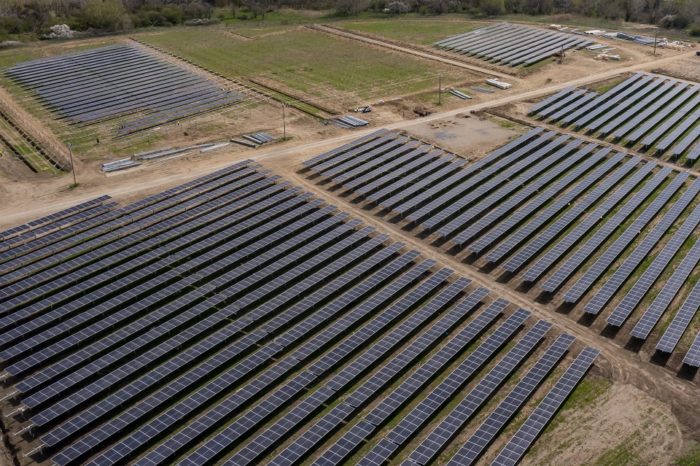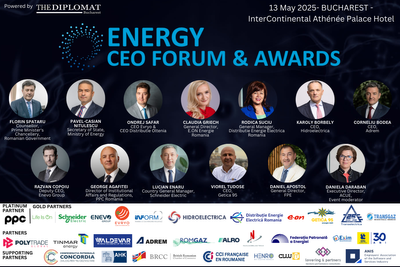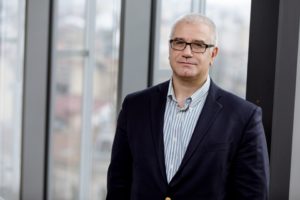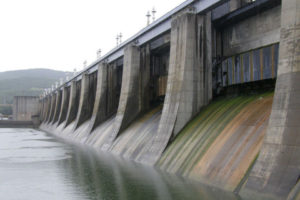Energy Minister Burduja: “Europe needs a ‘Smart Deal’ that will put us back on the global economic map”
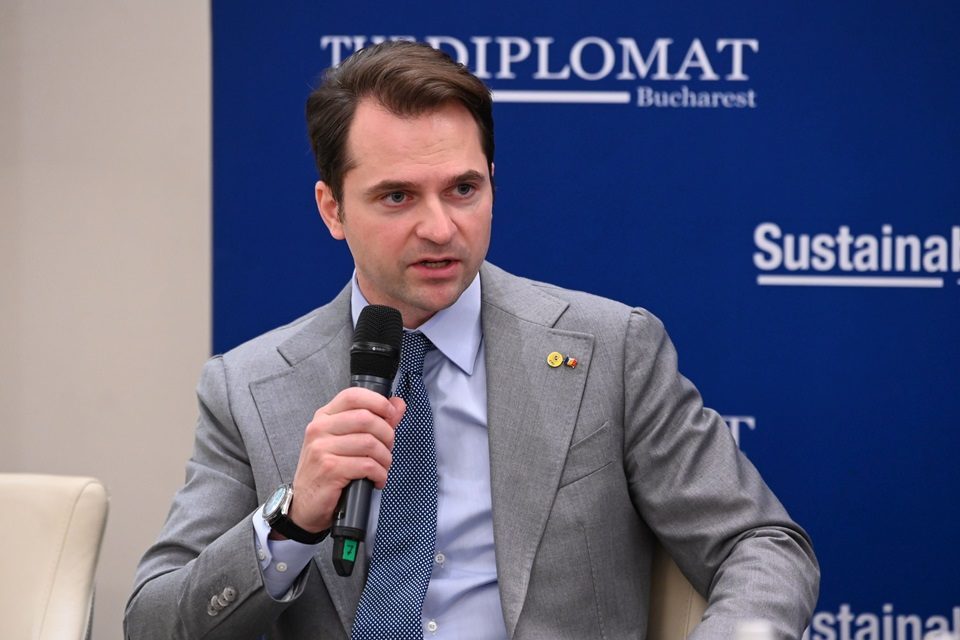
“Romania and Europe need secure, affordable and green energy, in this order of priorities. The transition must continue, but intelligently and without sacrificing the security or prosperity of our citizens. It is unwise to support shock therapy, because we risk bringing down the European economy, a patient who is already feeling worse and worse,” according to Energy Minister Sebastian Burduja.
“This was my position in my first term as Minister of Energy and it will be in this term as well. I am also surprised by the surprise of those who consider that my messages about the “Green Deal” came out of nowhere, although these are things that I have been saying for more than a year and a half.
And now these realities are starting to be expressed more and more in Europe. Yesterday, Donald Tusk did so, proposing a broad campaign of deregulation at the European Union level, emphasizing the need to reduce energy prices to allow European companies to be competitive in global markets. It is in vain that we protect the environment if we are heading towards economic collapse. The other day, even Ursula von der Leyen, the President of the European Commission, in Davos, expressed the same need for energy prices to fall so that the European economy can cope with global competition, competition that will intensify.
The key to a successful transition is simple:
- Safe and cheap energy production. We must not give up on coal-fired power plants until we put something in place — in the short and medium term, gas-fired power plants; in the long term, nuclear power plants.
- Investments in storage, so that we can benefit from green energy even when the sun or wind is not shining.
- Investments in networks, so that we have a truly single and functional European market and to accommodate more green energy producers (including prosumers).
- Let’s use equipment manufactured in Romania and in Europe, not subsidize production in other parts of the world with European money.
We are already doing what it takes to be not only a producer of energy, but also of modern equipment, so as not to depend on others. We have signed seven financing contracts, with a total value of approximately EUR 169 million, covering a capacity of over 5 GW. This concerns the production of components for storage batteries, the production of storage batteries or the production of photovoltaic panels and components for them. Made in Romania.
While the European Union is rushing to become a world leader in decarbonization through the Green Deal, global economic reality shows us that this model risks losing competitiveness and economic relevance. 80% of the supply chain for photovoltaic panels is controlled by China, and Europe subsidizes their installation, instead of investing in their local manufacturing. With all the associated risks in the area of energy security.
High energy costs are another example of a self-imposed burden. The CO2 emission certificate and the marginal price mechanism artificially double energy prices and make our industries uncompetitive. While energy prices in the EU are triple those in the US or China, European factories are closing or moving to other regions. This is not just a wake-up call, but an ongoing economic tragedy.
Globally, Europe is losing ground at an alarming rate. In 2000, EU GDP accounted for around 34% of global GDP. Today, its contribution has fallen below 15%, and this decline continues. No European company is in the world’s top 20 by market capitalisation, and research investment is far below that of the US or China. Google alone invests more in research than all of Europe’s armies combined.
But Romania has the chance to show that there is another way. We have natural gas, hydroelectric power plants waiting to be completed, nuclear projects in partnership with strategic allies, but also the potential to become a regional energy leader in green energy production (the second largest potential in the EU, after Spain). All we need is political will and courageous decisions that prioritize people’s well-being.
Europe must understand that economic prosperity and innovation do not come from excessive regulation or policies that directly subsidize the economies of others. We need an economy based on local production, well-paid jobs and supporting domestic industry.
It is time for all of Europe to redefine its priorities and opt for a “Smart Deal” that will put us back on the global economic map. Forward, together, for Romanians, Romania and a competitive Europe.”

